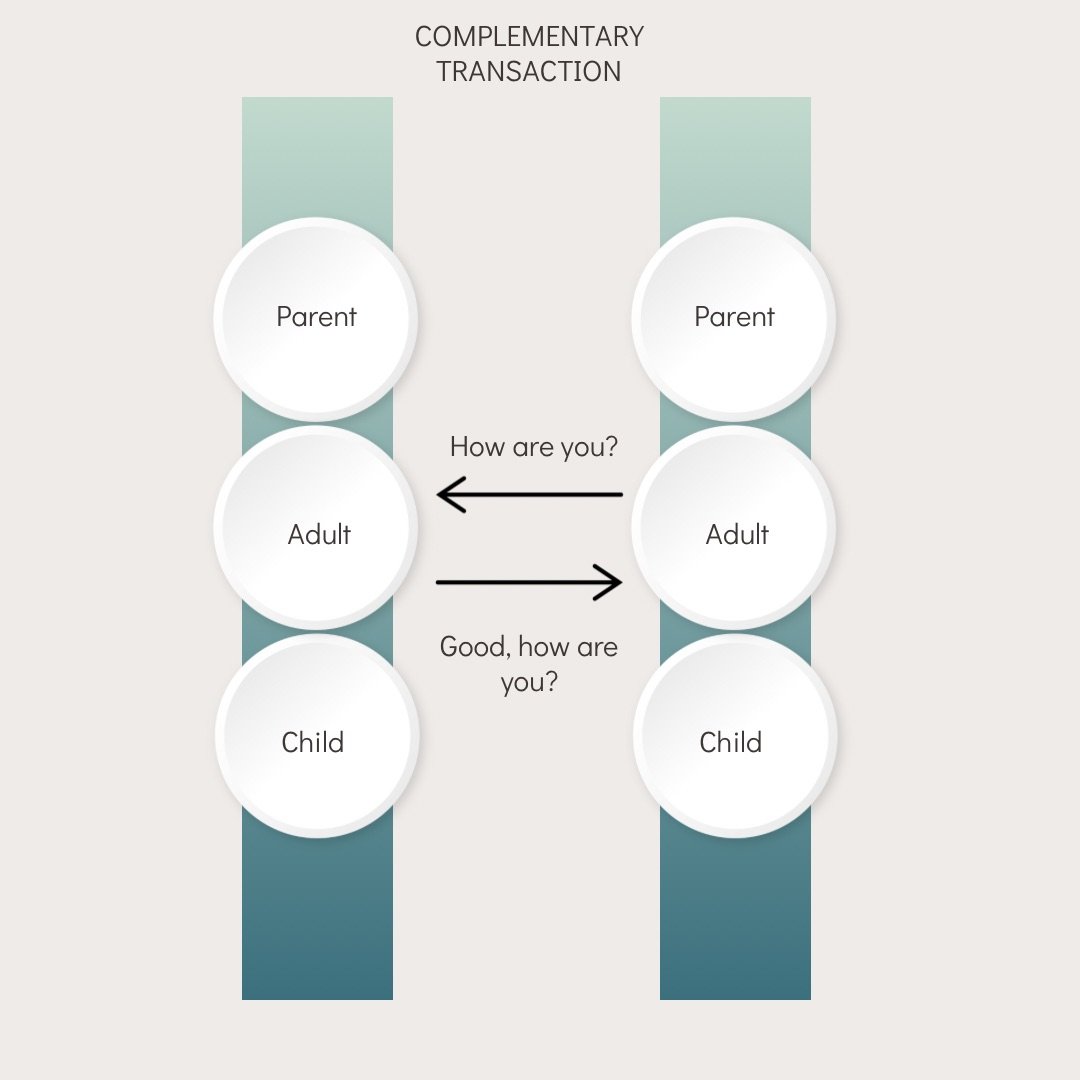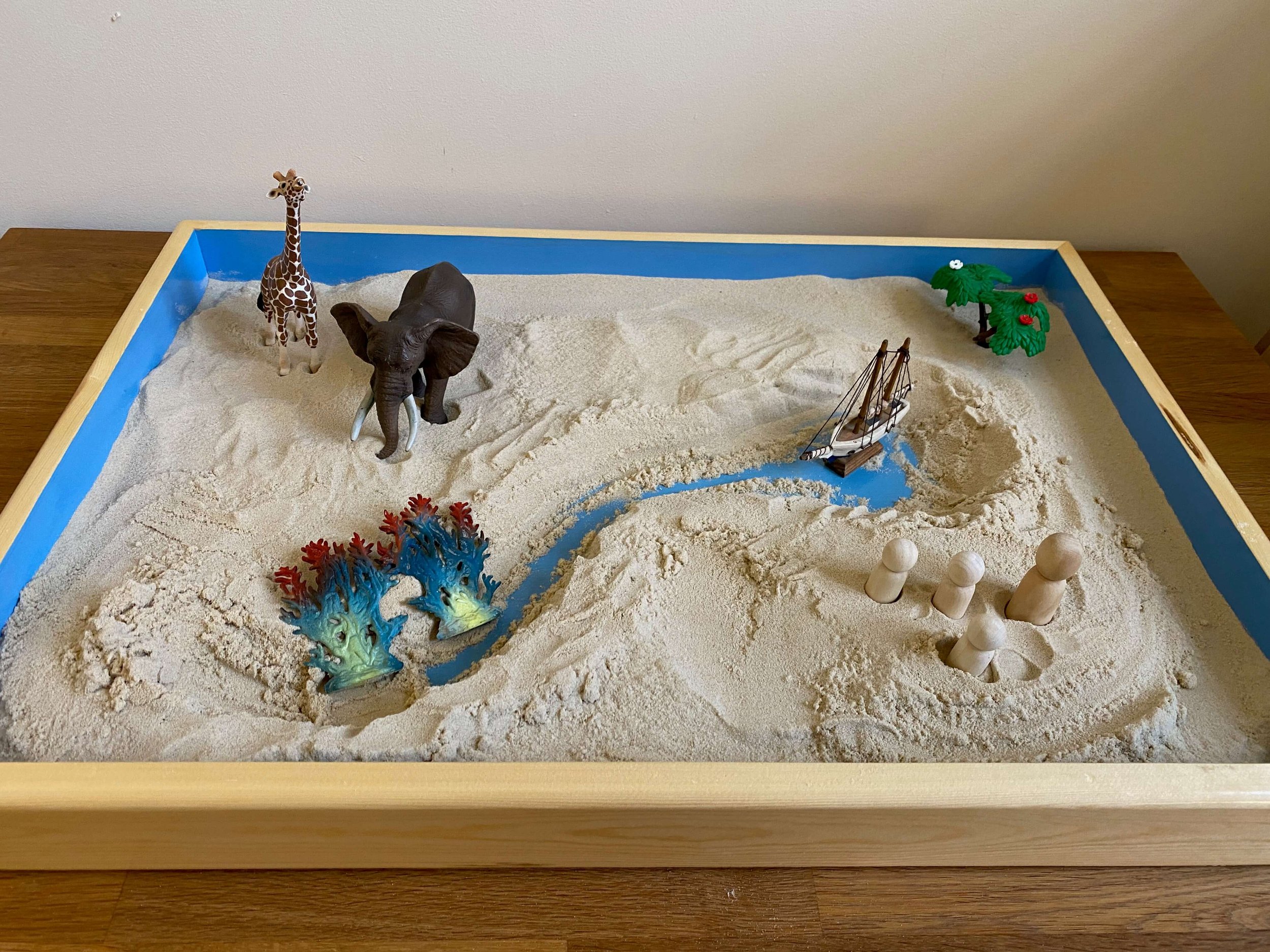Blog

Using Your Private Health Insurance to Access Therapy: A Complete UK Guide
Wondering if your UK private health insurance covers therapy? This step by step guide explains how to access counselling and psychotherapy through providers like Bupa, AXA, Aviva and WPA, including referrals, authorisation, excess fees and choosing an approved therapist.

STAYING THE COURSE: HOW TO MAINTAIN MOTIVATION AFTER POSITIVE CHANGE
Making positive changes in your life or work is an exciting journey, but it often brings up the fear of going backwards. Whether you are a therapist, coach, or someone looking to improve your life, it’s normal to worry about slipping into old habits or losing momentum. The key to maintaining motivation is staying grounded in your "why," celebrating your progress, and embracing setbacks as opportunities to grow.
In this blog post, I explore how to maintain motivation after growth and positive changes, addressing the fear of regression and sharing practical strategies. Backed by neuroscience and habit formation research, I offer tips on staying motivated, building routines, and practicing self-compassion.

Welcoming the New Year: Reflect, Release, and Set Intentions for Meaningful Growth
Reflect on the past year and step into the new with purpose. Explore cultural rituals, coaching insights, and therapeutic approaches to embrace meaningful growth and set intentions for the year ahead.

Understanding Transactions in Transactional Analysis - A Fresh Lens on Communication
In any conversation, we all experience moments when things seem to flow seamlessly or, in contrast, hit an unexpected wall of tension or misunderstanding. By learning to identify different types of transactions in conversations we can communicate with more intention, avoid missteps, be less triggered, and build more meaningful connections.

Why Regulation in Psychotherapy and Counselling is Essential for Trust and Safety
Today’s article in the Guardian has reinvigorated discussion around an important issue that has long needed attention, the regulation of psychotherapy and counselling in the UK.

Understanding Transactional Analysis Ego States: A Path to Better Self-Awareness
Are you aware of the distinct ego states that guide your thoughts, emotions, and actions? In this post, I explore the powerful framework of Transactional Analysis (TA), which breaks down our personalities into three primary states: Parent, Adult, and Child.

Happiness Happens
August is Happiness Happens month, a wonderful opportunity to focus on cultivating joy and wellbeing in our lives. While happiness is often seen as an elusive goal, it's actually a mindset and a skill that can be learned and practised. Learn about our negativity bias and strategies to begin cultivating more joy.

Coaching, Therapy, or Both? Understanding the Difference and the Power of Integration
In your pursuit of personal and professional growth or overcoming challenges, you've likely encountered the choices of coaching and therapy. While both offer valuable guidance and share common goals of fostering growth and well-being and working through emotional discomfort, they can fulfill distinct purposes. In this blog post, we'll unravel the key differences between personal coaching and psychotherapy, find out more about dual skilled practitioners, ultimately empower you to choose the path best suited to your needs.

Sand Tray Therapy and Coaching
Sand tray therapy is a powerful and effective form of therapy that can help you explore and process your feelings and emotions. Coaching using sand tray is also a unique method that can support you to gain clarity and insight into your goals and aspirations.

Wondering if your UK private health insurance covers therapy? This step by step guide explains how to access counselling and psychotherapy through providers like Bupa, AXA, Aviva and WPA, including referrals, authorisation, excess fees and choosing an approved therapist.
Making positive changes in your life or work is an exciting journey, but it often brings up the fear of going backwards. Whether you are a therapist, coach, or someone looking to improve your life, it’s normal to worry about slipping into old habits or losing momentum. The key to maintaining motivation is staying grounded in your "why," celebrating your progress, and embracing setbacks as opportunities to grow.
In this blog post, I explore how to maintain motivation after growth and positive changes, addressing the fear of regression and sharing practical strategies. Backed by neuroscience and habit formation research, I offer tips on staying motivated, building routines, and practicing self-compassion.
Reflect on the past year and step into the new with purpose. Explore cultural rituals, coaching insights, and therapeutic approaches to embrace meaningful growth and set intentions for the year ahead.